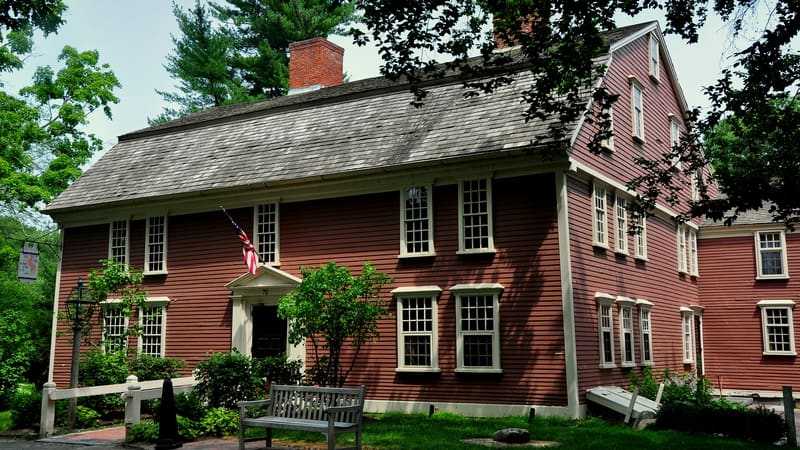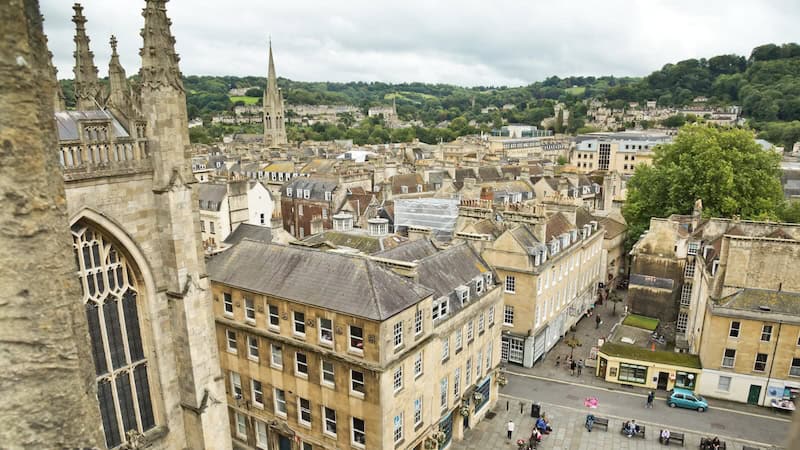Not-So-Ordinary Inns & Taverns
Lodging back in the day

Virginia entrepreneurs provided stops for meals and lodging in the early 18th century to give travelers a much-needed break (especially for their lower extremities!) after a long day – or days – of travel. (For an excellent overview, check out the recent book, Virginia by Stagecoach, by local author Virginia C. Johnson.)
The Red Fox Inn & Tavern (known first as Chinn’s Ordinary), Middleburg, is unsurprisingly at the top of the list in terms of the oldest, dating to 1728. Today, the tavern offers fine, seasonal cuisine. The Charlottesville-area Inn at Prospect Hill centers on a 1732 building, once part of a wheat plantation, and owners didn’t start taking paying guests until after the Civil War. Now, the bed and breakfast offers 13 guest rooms and cottages, dating from 1699 to 1890. The Lafayette Inn & Restaurant, at the foothills of the Blue Ridge in Stanardsville, dates to 1840. The owners are fine chefs as well as innkeepers. The Wayside Inn, Middletown, began serving as a stagecoach stop in 1797. It didn’t offer overnight accommodations until soon before the Civil War; its 22 rooms make it popular with wedding parties.
Some early taverns, such as the Inn at Montross, didn’t offer lodging until much later. The Inn, which dates to about 1800 in Westmoreland County, currently offers lodging and breakfast. Others, such as Half-Way House (Route 1 between Richmond and Petersburg), have become known for fine food though they no longer offer lodging. Colonial Williamsburg re-created several of Williamsburg’s 18th-century taverns as restaurants: Chowning’s, King’s Arms, Christiana Campbell’s and Shields taverns. They also give tours of Raleigh and Wetherburn’s taverns to interpret the role of the Colonial stagecoach stop.
Midlothian-based freelance writer Martha Steger has received national awards for her journalism, essays, short fiction and poetry.


